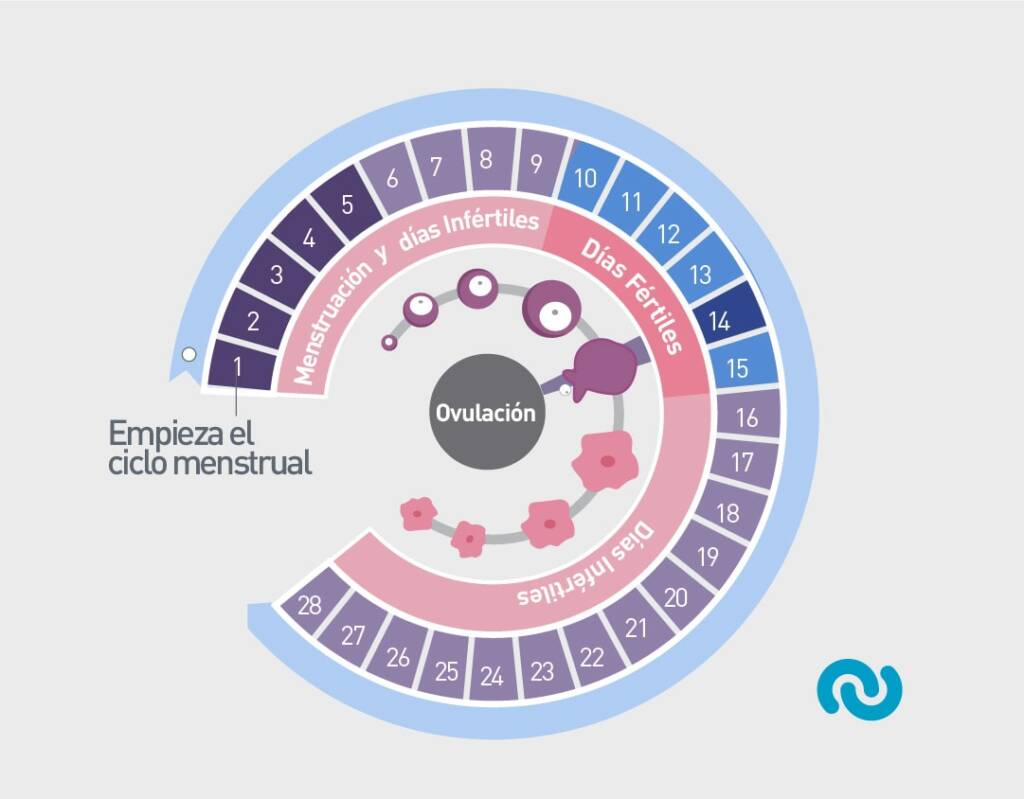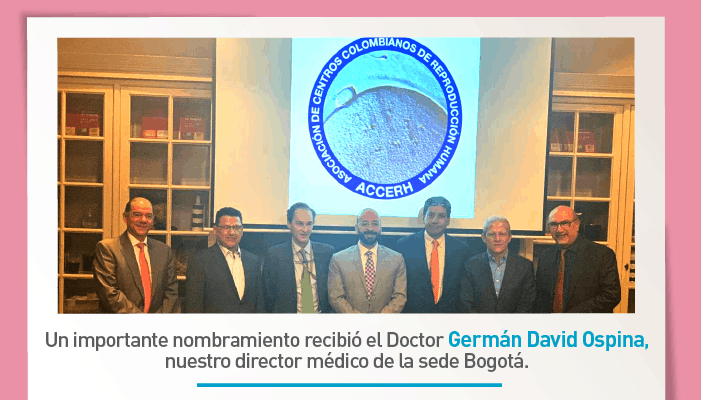Identifying what your fertile days are when you are in the search for a natural pregnancy, or even when you are in the middle of a low-complexity treatment, is essential to know what is the date on which sexual intercourse will be most effective to achieve your goal.
Although ovulation is a very natural part of a woman’s life, it is often uncontrolled and often unknown how this important part of the female reproductive system works; Having clarity on this topic could be the only thing your story needs to reach that happy ending with your longed-for positive.
Below, we share key data that you should take into account so that you learn to know your body and in this way maximize the chances of achieving your pregnancy.
What is ovulation?
It is the process by which the reproductive system prepares the eggs to mature and release them from the ovary so that they can be exposed to their encounter with sperm. The released egg is taken by the fallopian tubes that act as a natural incubator to preserve it for a few hours while fertilization occurs. After this, the embryo that results from this union is transported by the fallopian tube to the uterine cavity where the implantation process will take place and will continue to grow until the end of pregnancy.
If the egg is not fertilized by a sperm during the next 24 hours of ovulation (the time the egg remains alive), it is simply inactivated and lost. At the same time, the uterine cavity that was waiting for the arrival of an embryo will begin to age progressively until it ends up coming out in the form of menstruation.
What is a menstrual cycle?
It is a period of time in which the woman experiences changes in her body as part of the preparation that it has month by month for a possible pregnancy.
Some of the situations that occur in the middle of the cycle are: ovulation (release of the egg), hormonal changes that prepare the uterus for embryo implantation and menstruation, which occurs when the egg is not fertilized and the tissue that covered the uterine cavity is expelled.
Usually a cycle consists of 28 days, but it can vary from every 21 to every 35 days, and this is completely normal. According to the length of the cycle and the changes experienced in the body, fertile days, infertile days and menstruation days can be identified.
*If the woman does not menstruate month by month, she may have ovulation problems that could make it difficult to find a pregnancy. In this case, consultation with a specialist is recommended.
How do I identify fertile days?
To know which are the fertile days, it is essential to monitor the first day of the menstrual period, since with this date you can do the calculations of the cycle.
In a 28-30 day cycle, ovulation occurs 14 days before the next menstrual period, which means that it occurs in the middle of the entire ovulatory cycle.
It is important to keep in mind that the egg remains ready to be fertilized in the tubes for a few hours, unlike sperm that live inside the woman for approximately 3 to 5 days. This means that even though ovulation occurs in a single day, it is much better to have sex in the days leading up to the day of ovulation so that by the time the egg comes out, the entire female reproductive system is impregnated with sperm ready for fertilization. It is better for sperm to wait for the arrival of the egg, as the egg is a much more delicate and selective cell.
*These data are based on a regular cycle, however, each woman may have changes that should be analyzed by a specialist.

Para conocer más sobre ciclos de 21, 24 y 32 días. Te invitamos a leer el siguiente artículo Clic aquí
Schedule your consultation at our offices in Medellín, Pereira, Bogotá and Cartagena; or with our specialists in the city of Manizales.
- Medellín: Tel. +57(4) 268 80 00
- Bogotá: Tel. +57(1) 746 98 69
- Pereira: Tel. +57(6) 340 17 09
- Cartagena: Tel.+57(5) 693 0434
- Our specialists in Manizales: Tel.+57(6) 8962220

